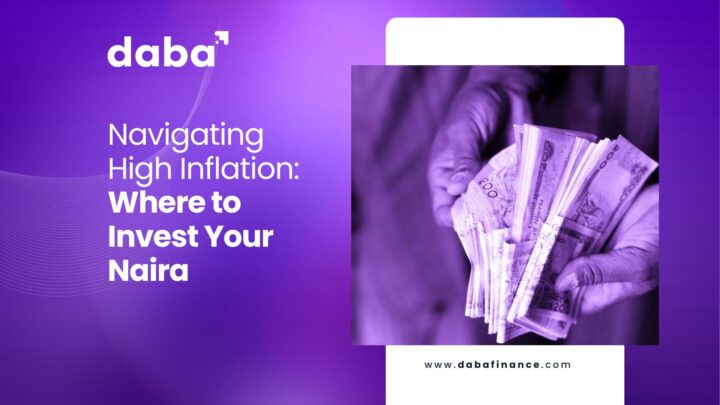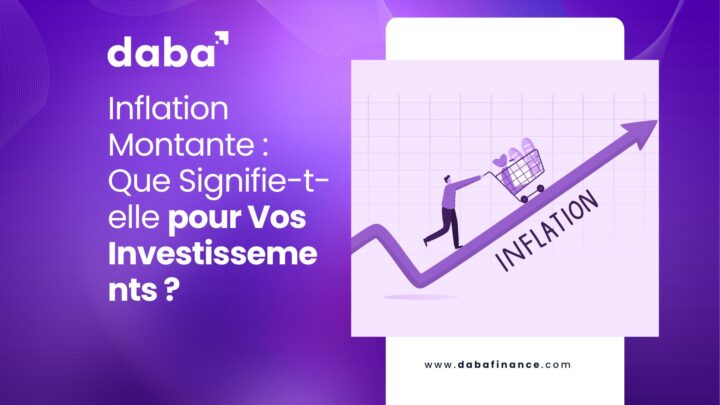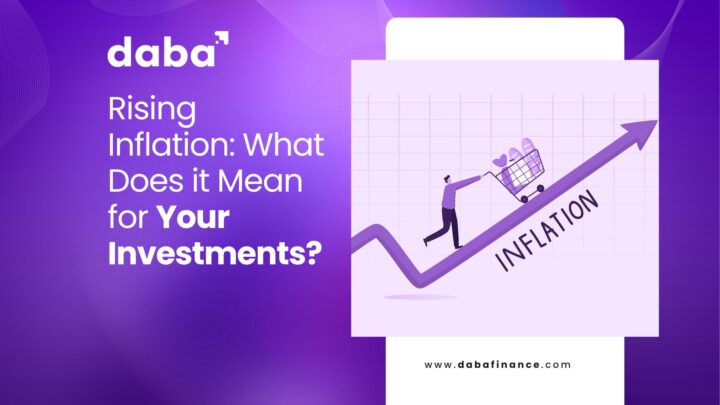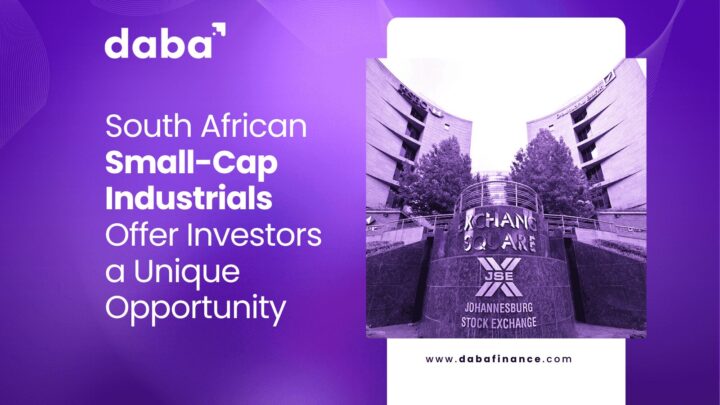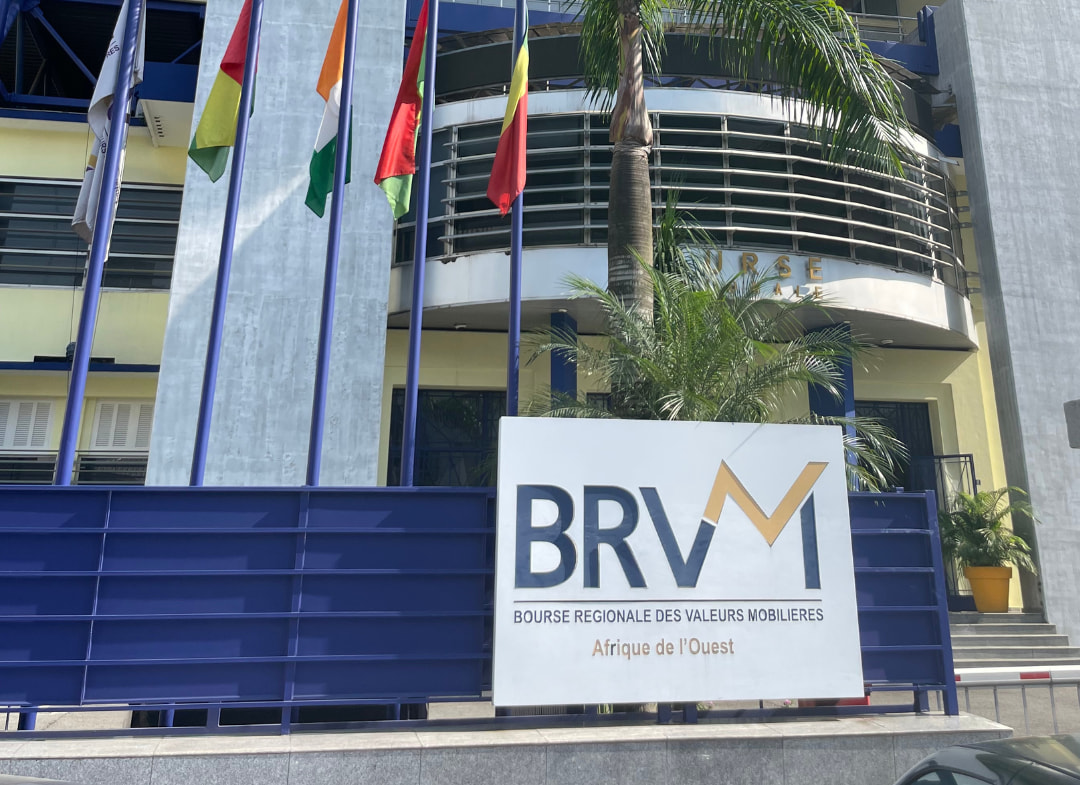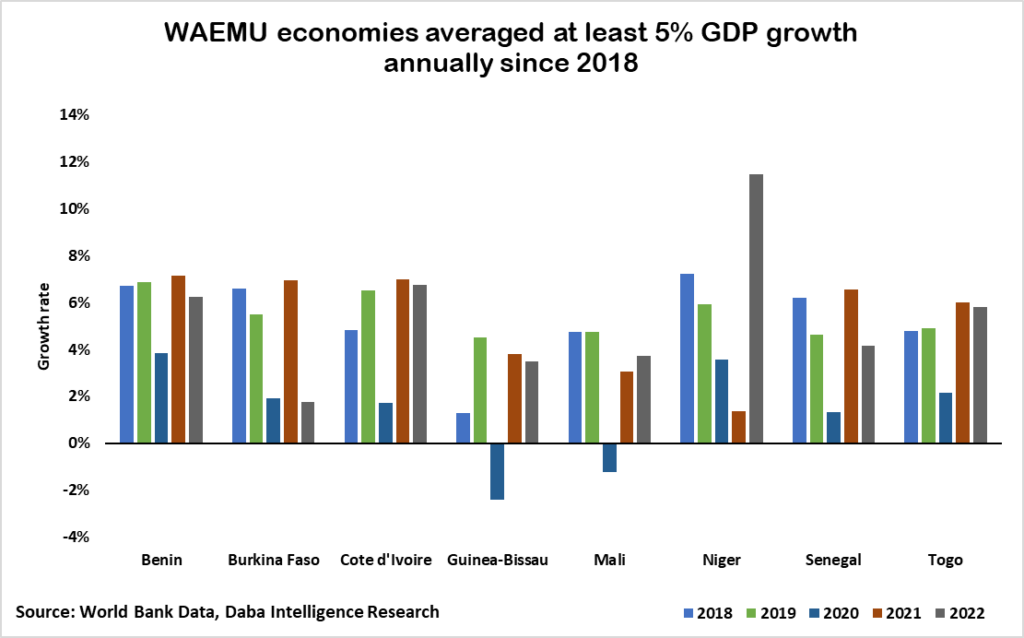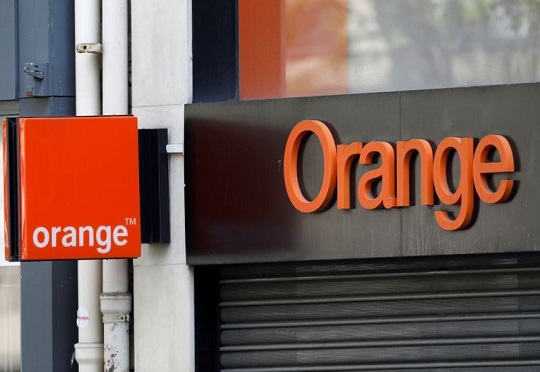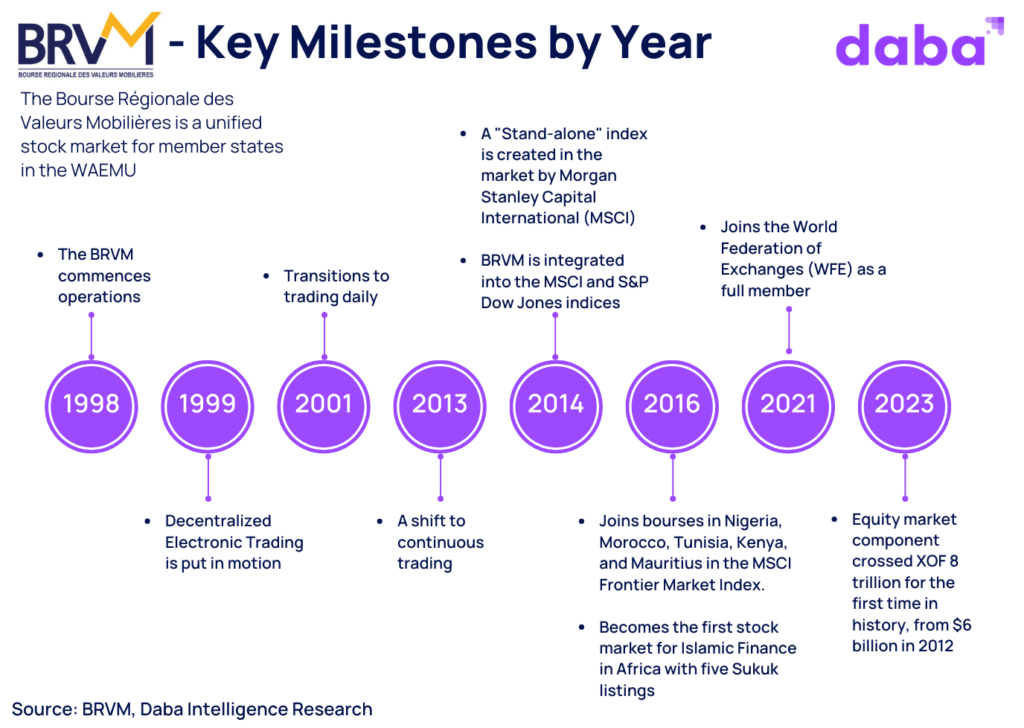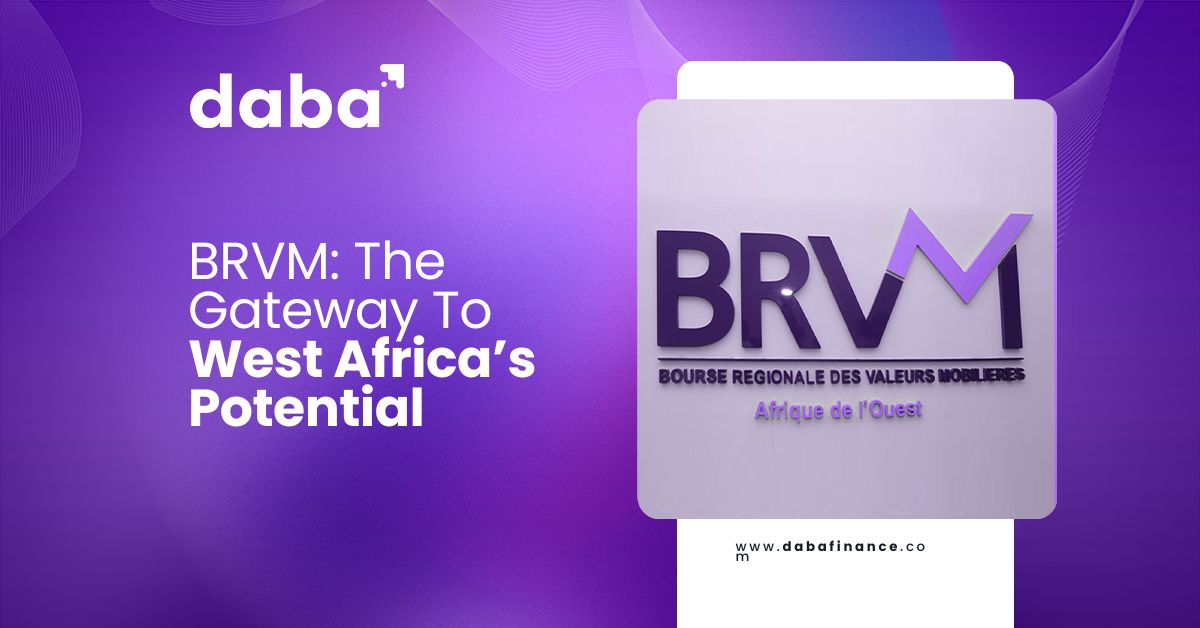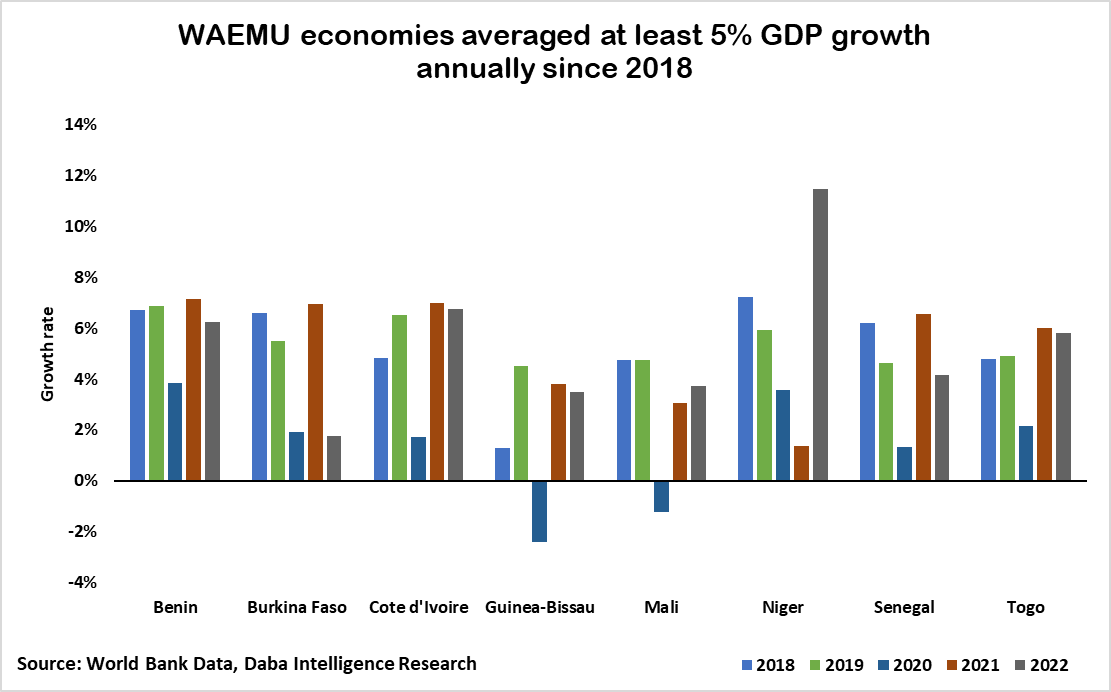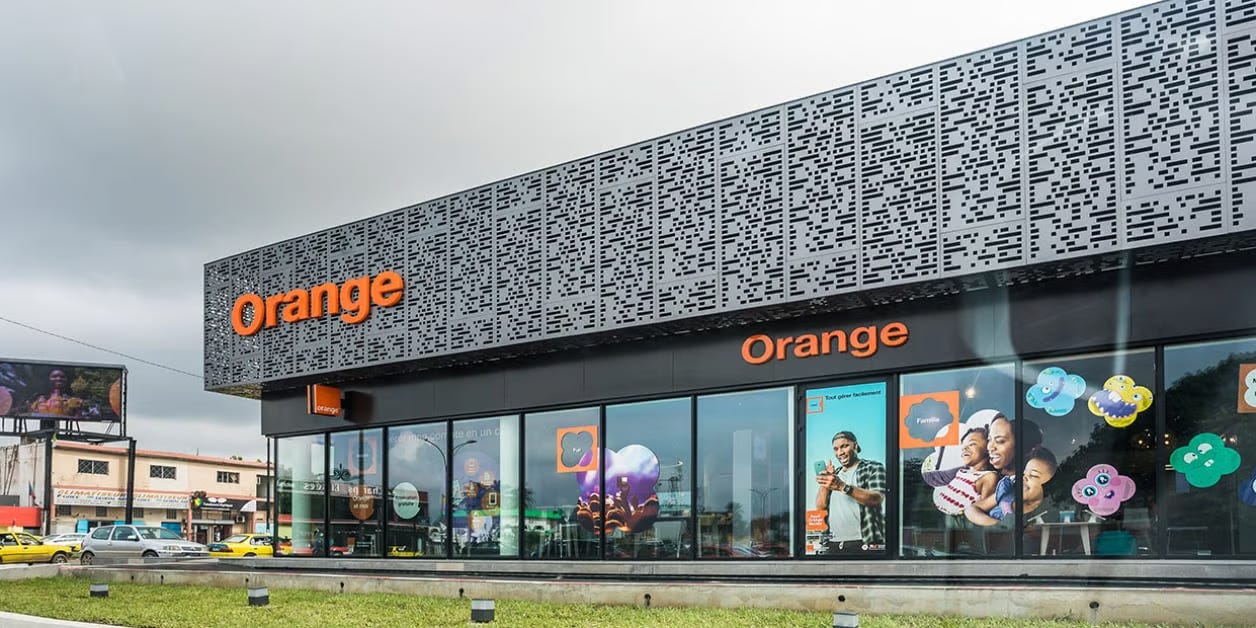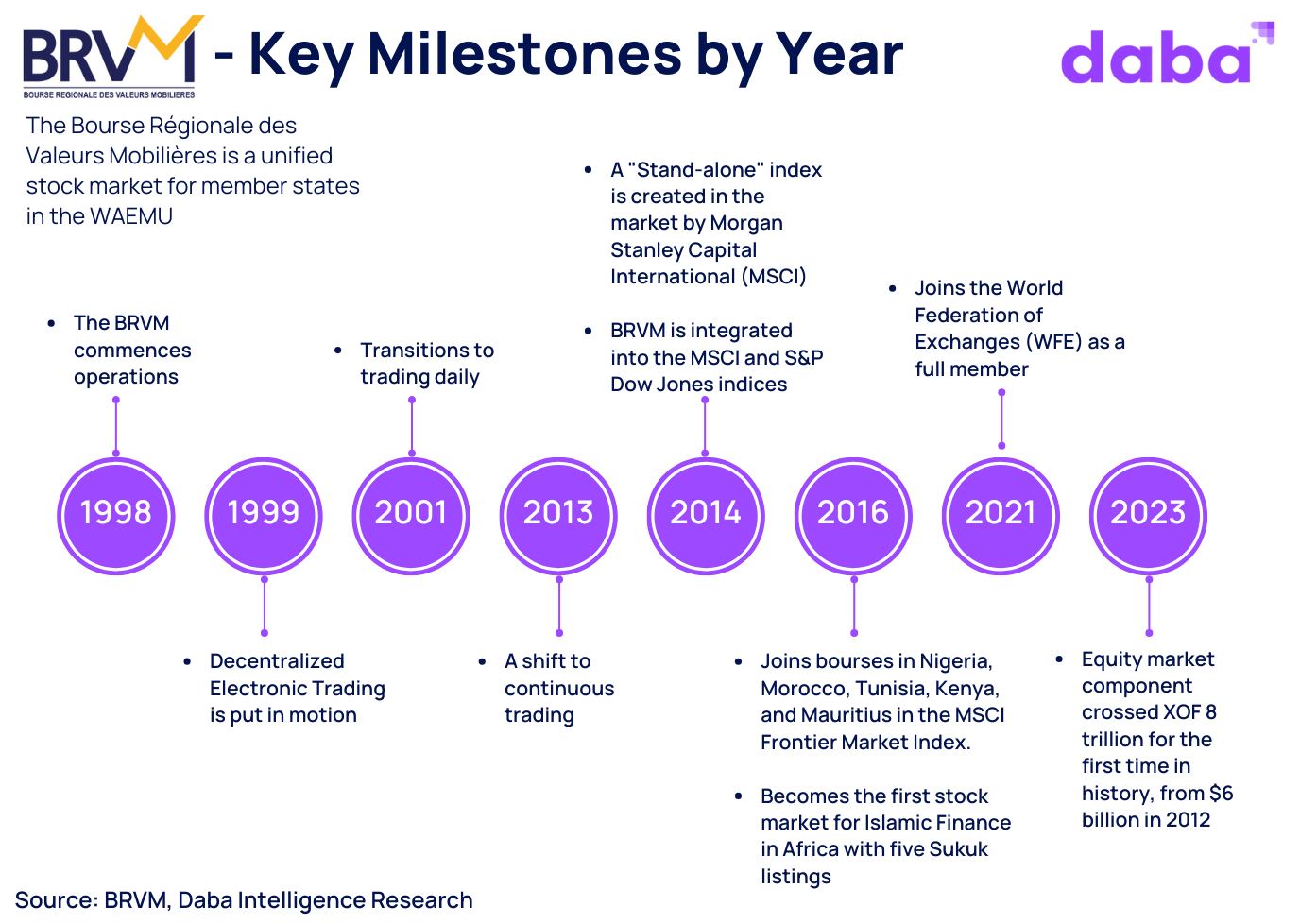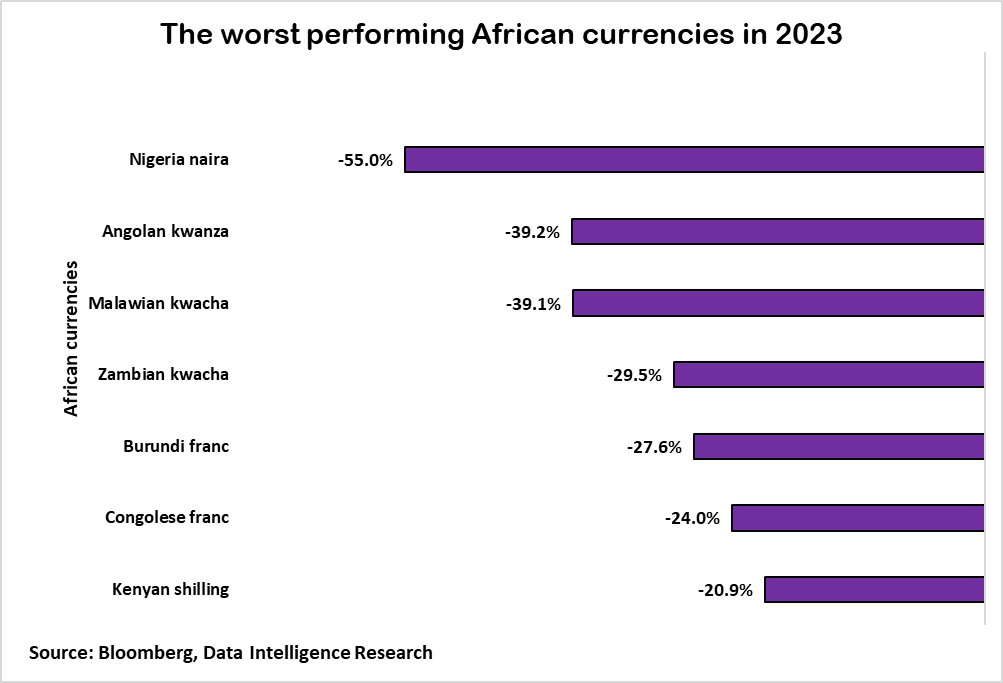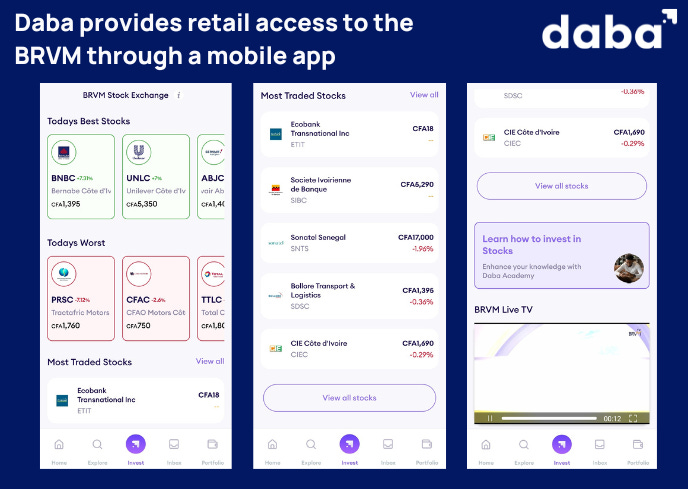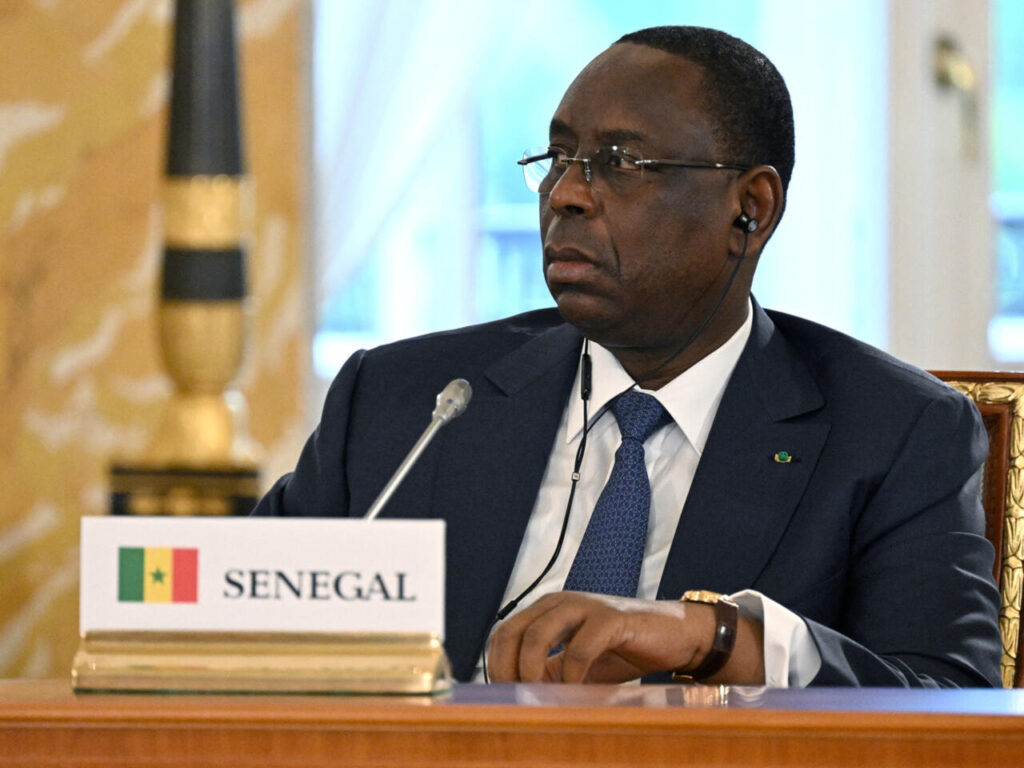Access a comprehensive guide with knowledge and strategies to navigate your first venture fundraising process as a startup founder.
Embarking on a startup venture is an exhilarating yet challenging endeavor. While a strong idea serves as the foundation, attracting customers, assembling a capable team, managing finances, and securing investment capital are critical components that demand meticulous attention, particularly in the highly competitive arena of venture capital funding.
In the fast-paced world of startups, investors, whether angel investors or traditional venture capital (VC) firms are inundated with countless pitches daily. Consequently, making a compelling case for your startup and capturing their attention is of paramount importance.
These multifaceted tasks can be daunting for any founder, especially those with limited experience in the startup ecosystem. At Daba, we work closely with angel investors and venture capitalists who have a proven track record of investing in promising African startups.
To support your fundraising journey, we have crafted a comprehensive guide to equip you with the knowledge and strategies to navigate this intricate process successfully. It is essential to point out that this fundraising guide is not a one-size-fits-all approach and this guide specifically focuses on raising your first round of funding.
Determine the Right Investor
Africa’s tech ecosystem is attracting significant investment, but not all investors are a fit for your cap table. Avoid applying to renowned accelerators like Y Combinator just because others are doing so. Instead, identify the right investors for your journey.
The relationship between investors and founders is akin to a marriage; getting it wrong can lead to regret. Ensure that your interests align with theirs. While many investors in Africa are sector-agnostic, some prefer specific sectors like fintech. Tailoring your pitch to investors who align with your sector and stage is essential.
Also Read: How to Raise Venture Funding in a Downturn
Build a Solid Founding Team
In the early stages, credibility is scarce. Financials might be minimal, so investors often scrutinize your team. A robust leadership team, particularly with a technical co-founder, is crucial.
Ensure that every team member is competent and shares your vision, as early hires significantly impact your startup’s success. Your profile as a founder also matters; first-time founders may face skepticism. Demonstrating trustworthiness and teachability can attract investments. Fundraising is distracting, so having a strong team is vital.
Show Traction
Traction reflects your startup’s progress, such as customer acquisition, revenue generation, or transaction volume. The level of traction needed varies by business stage. If your startup doesn’t show significant progress after a few months, reconsider your strategy or even the viability of your business.
Understand Your Total Addressable Market
Investors seek startups with the potential to scale. Even if your B2B market isn’t large, its value might be high. Without a substantial market, raising further rounds becomes challenging. Ensure your startup can grow significantly to attract investor interest.
Know Your Business Inside Out
Few things deter investors more than founders who lack a deep understanding of their business. Some investors may not be familiar with your industry, so your ability to explain it clearly is critical. Demonstrate thorough knowledge of your finances, revenue model, and operations.
Milestone-Based Fundraising
Startups needing substantial capital may find it easier to raise smaller amounts tied to specific milestones. This approach proves your concept’s viability and market demand, making it easier to secure further funding.
Have a Plan for the Investment
It’s common for entrepreneurs to improve their lifestyles with investor funds, but this is a mistake. Outline a clear plan for how the funds will advance your business. Whether for hiring, product development, or market expansion, investors need to see this.
Get Professional Legal Advice
Don’t skimp on legal fees; an experienced lawyer is crucial from the start. Not all VCs have your best interests at heart, and a lawyer can protect you. Ensure your startup is registered appropriately, separate from the founders, and that you have all necessary regulatory permits. Protect intellectual property and use employee stock options to attract talent.
Before seeking investors, make sure your business is investor-ready. This includes incorporation as a limited liability company and having founder agreements in place. During negotiations, look out for terms like the “no shop” clause and avoid chasing overly high valuations.
If legal fees are prohibitive, explore alternative compensation for legal services. Always secure sound legal advice before signing any agreements.
Navigating the Fundraising Journey
Fundraising is a demanding process requiring thorough preparation. Define your funding needs and a realistic timeline. Balancing fundraising with running your business is key to your startup’s success.
By following these guidelines, you can enhance your startup’s appeal to investors and navigate the complexities of early-stage funding more effectively. Daba is here to support your journey, providing insights and connections to propel your startup forward. Tap here to contact us for more info.

